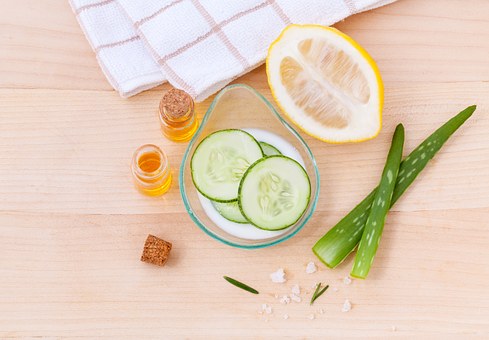Most standard skin care products contain harmful ingredients that are allowed to be used due to the lax laws that exist in our country which favour chemical companies for the profits they bring in. It is only after numerous ailments and deaths occur that the government will consider the findings of scientists’ tests on various ingredients. Further proof to show that certain ingredients are harmful is required before the government will take action to ban these chemicals. It is very difficult to make any claims due to the slow process involved from absorption through the skin.
So, as with food, it is up to you to be diligent and know what to look for to avoid harmful ingredients. Look for the “Canada Organic” logo for products that are 95% to 100% organic. As a rule of thumb, if you don’t feel like reading the labels on all your skin care products when you are shopping, just make sure to purchase your items from a health food store. However, even these stores will carry products with questionable ingredients, so ask for assistance if you’re not sure.
Chemicals to Avoid:
- Sodium Lauryl (or Laureth) Sulphate
Maintenance for healthy skin:
- Alpha-lipoic Acid and Vitamin C creams help repair damaged skin
- a natural peel should contain fruit acids or sugar cane
- Avocado Oil repairs skin, heals wounds and combats aging caused by everyday damage
- Borage Oil promotes elasticity
- Camellia Oil is the green tea flower that strenghtens skin tissue while combatting free-radical damage
- Evening Primrose Oil treats hyperpigmentation and diminishes age spots
- exfoliate with chickpea flour & jojoba beads
- maintain bowel care
- Rosehip Oil aids skin repair and reduces scarring
- Tamanu Oil heals wounds and fades scars
- use products containing aloe vera, camomile & neem
- weekly steaming clarifies the skin
Check out the Sunscreen page for more info about safe products and your Vitamin D requirements.
Nails
- weak and brittle nails could be a sign of dehydration or lack of vitamins and minerals such as iron, zinc and calcium


